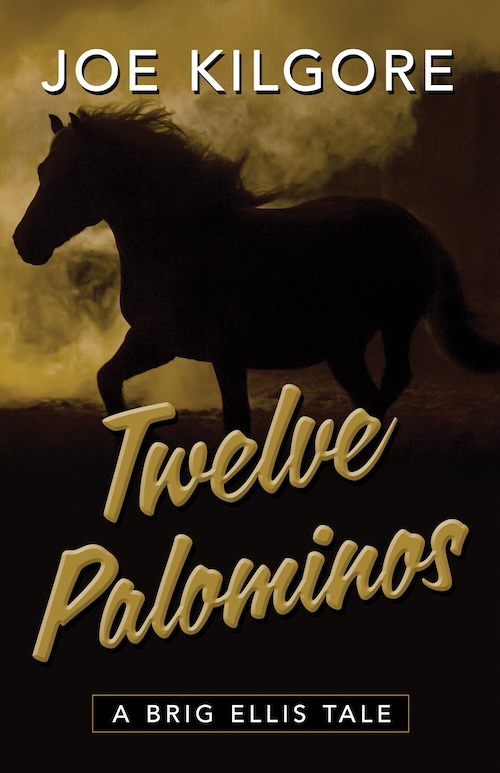Burrowing To The Bowels Of The Earth
July 6th, 2009Most people would not gladly claw their way through the dark intestines of
a West Virginia coal mine in the 1930’s. To the vast majority it would seem too dangerous and too depressing. But the adventurous are often rewarded with the spoils. And spoils abound in Davis Grubb’sThe Barefoot Man. What are the spoils? Exhilaration. Suspense. Ecstasy and agony unbound.
While John Steinbeck’s The Grapes Of Wrath has come down as the seminal novel of the Great Depression (and deservedly so), Grubb’s The Barefoot Man is in some ways the more approachable fiction. It is no less harrowing in its depiction of poverty, hopelessness and despair for interweaving a tale of murder, revenge and eventual redemption.
Published in 1971, Grubb draws upon his considerable familiarity with the scarred hills and stoic faces he grew up with. His recounting of a terrible time in our nation’s history is Dickensian in its ability to transport the reader to a claustrophobic cabin inhabited by a courageous old woman and her family who must face down killers, strikebreakers and treachery in their midst. In the face of starvation, misery and death, a mysterious stranger and his pregnant wife wander into their world and lives are changed forever.
Davis Grubb, after leaving his native West Virginia to study art at the Carnegie Institute of Technology in Pittsburgh abandoned his thoughts of a painting career when he realized he was color blind. He moved on to New York where he turned to writing copy for radio broadcasts in Manhattan, then Florida and Philadelphia. Writing fiction in his spare time, he published several short stories. His first published novel became his most famous, The Night Of The Hunter. Which was later turned into a classic film starring Robert Mitchum and directed by Charles Laughton.
Grubb believed in reinventing himself with each new novel, though he realized his reputation probably suffered for it. He said “Literary critics seem to get very upset when you don’t write the same thing. They say you have lost your talent.”
But in his next to last novel, The Barefoot Man, his talents (certainly to this reader) seem not to have dimmed. Witness his exquisitely expressed descriptions of sensuality in the love scenes between Farjeon and Jessie. As well as his ability to turn seemingly ordinary people into portentous figures who rise from the pages far larger than life.
Sometimes the most unforgettable novels are found in the deepest, darkest places. Such is the case with The Barefoot Man. Dig it up if you can.
